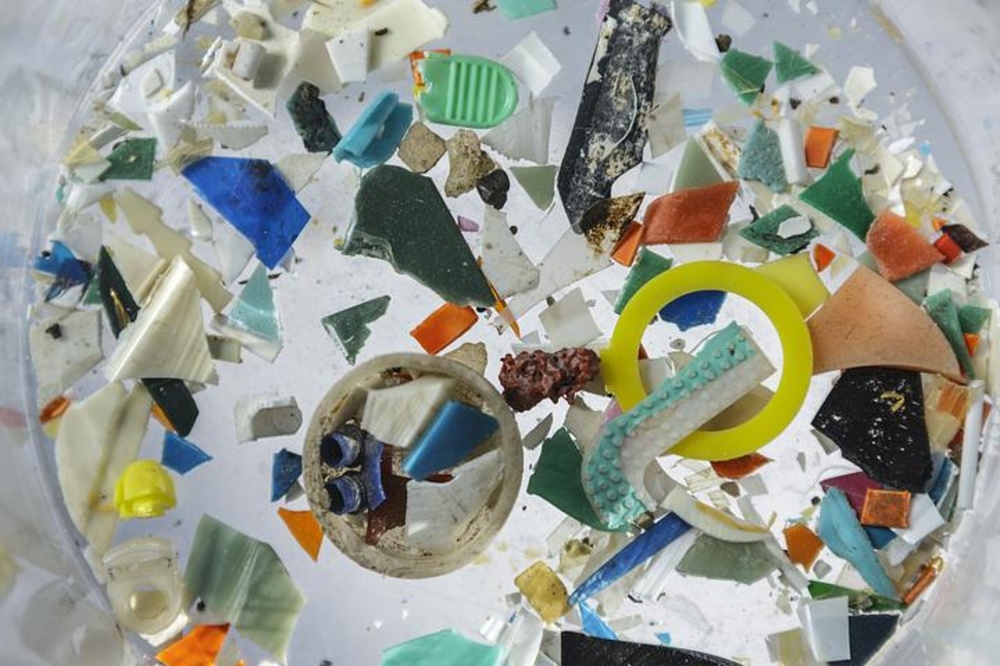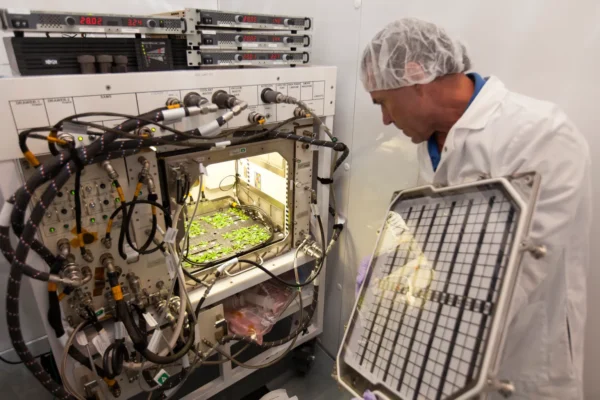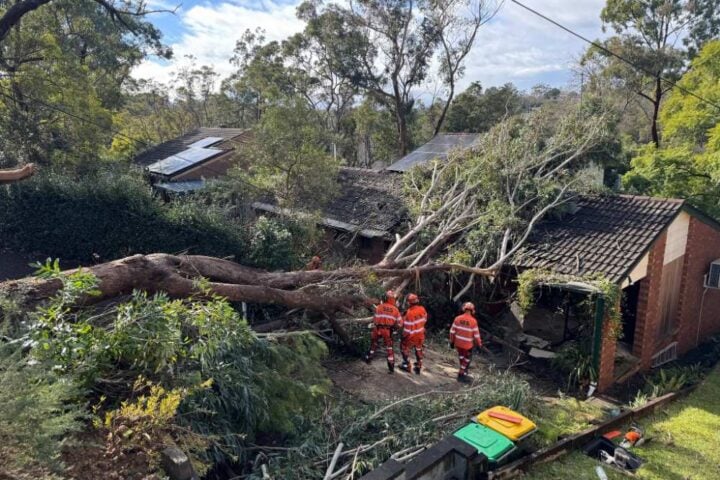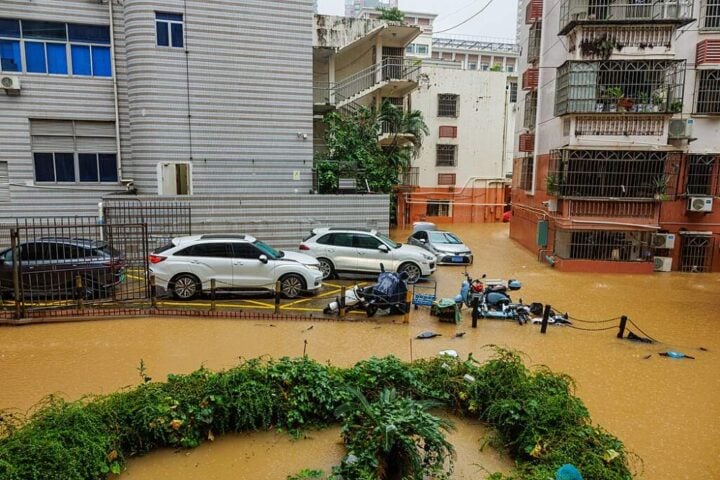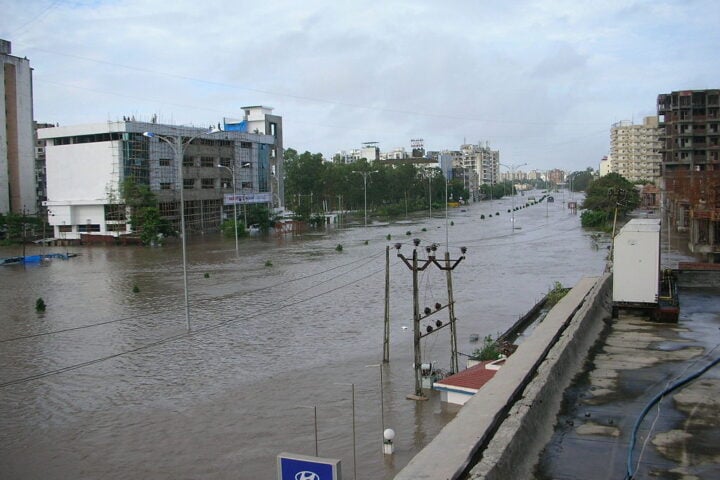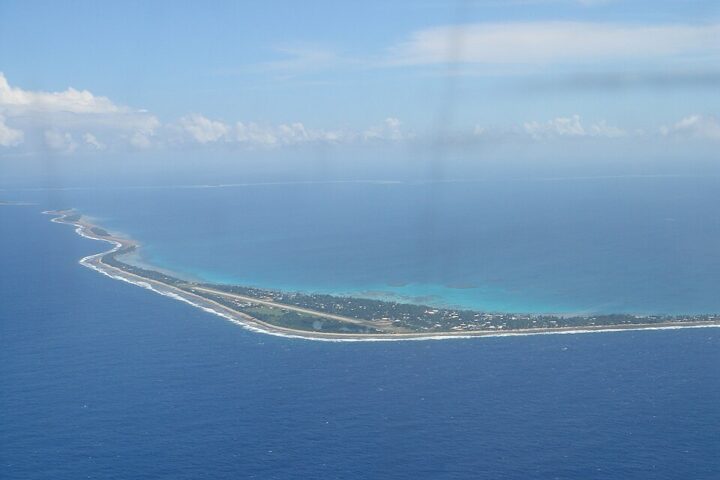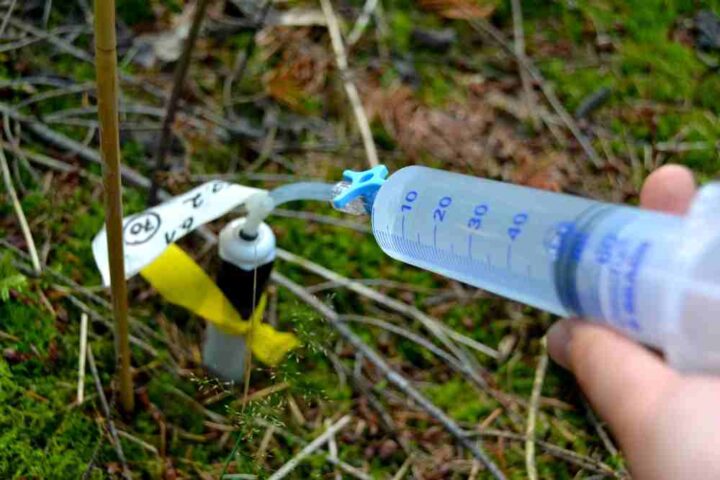A group of international scientists, including Professor Richard Thompson OBE FRS from the University of Plymouth, warned against the dependency on mechanical devices to get rid of plastic waste from water bodies. The researchers appreciate the need for removing plastic from the water bodies, but they argue that the technology used to achieve this goal is not the right way to address this issue. The desperate need to clear the millions of waste materials in the ocean that are polluting aquatic life is very important. However, the technologies used for this purpose are not only inefficient but also untested. Some mechanical devices have been proven to harm marine organisms – including fish, crustaceans, and seaweeds. The marine life is getting destroyed more than the plastic being removed, which proves that the mechanical devices are in fact more harmful than helpful.
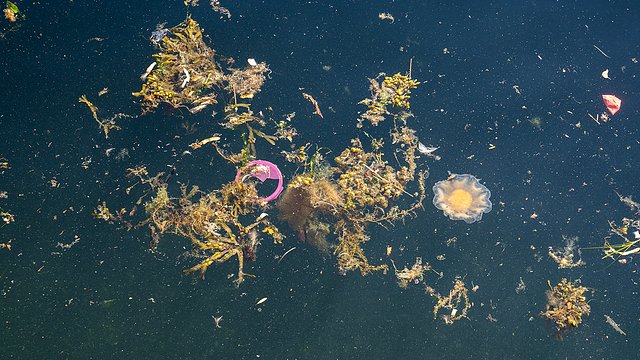
Writing in the journal One Earth, the scientists say with plastic production projected to triple by 2060, the most cost-effective and efficient way to prevent further pollution is to reduce plastic production and consumption. For essential applications of plastics, it is recommended to design safe, sustainable products with a readily available and effective pathway for end-of-life disposal. They also recommend that the United Nations Global Plastics Treaty contain clear requirements for such rulings, saying that the environmental costs of leaving plastic pollution in the ocean should be balanced against the whole environmental and financial cost of plastic removal methods.
Similar Posts
“So far, we lack hard evidence on the net benefits of plastic removal technologies. On the contrary, there is often bycatch mortality associated with these technologies, which becomes a problem if scaled up. We have to scrutinise these technologies by applying science-based criteria to prevent regrettable outcomes.”
Dr Melanie Bergmann, Marine Ecologist at the Alfred Wegener Institute in Germany
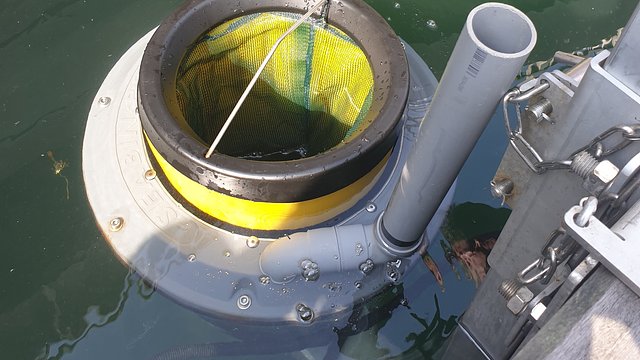
As global leaders are ready to begin discussions on the Treaty at the third meeting of the Intergovernmental Negotiating Committee on Plastic Pollution, comments have been provided. “Our research has shown that cleanup technology can harm marine life and be ineffective at actually cleaning. If we focus on cleanup as a solution to plastic pollution, we condemn future generations to continue contaminating the environment and cleaning up as an afterthought. The UN Treaty on Plastic Pollution needs systemic upstream solutions focused on prevention, not symptom management,” said Richard Thompson OBE FRS, Head of the International Marine Litter Research Unit.
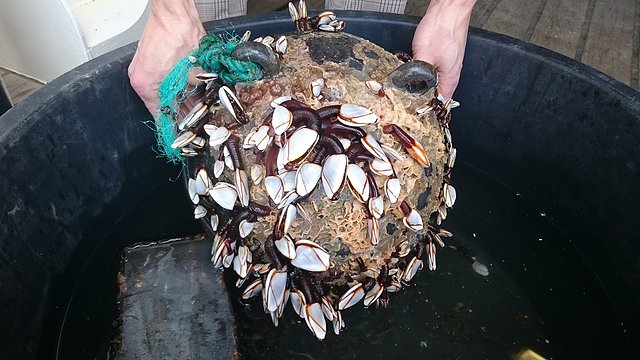
In recent research by Plymouth University, which provided the first independent evaluation of the performance of Seabin devices, it was found that a total of 1,828 items, 0.18kg of litter, was retained by a device installed on the city’s waterfront during 750 hours of operation between April and June 2021. This was equal to 58 items per day, but the evaluation also found that the device captured one marine organism for every 3.6 items of plastic waste. The Seabin is a device designed to continuously suck water inwards using a submersible pump which is then filtered. Hundreds of such devices have been installed all over the globe and they have reportedly captured over 2.5 million kilograms of litter from calm sheltered environments such as marinas, ports, and yacht clubs.
“Our research has shown that cleanup technology can harm marine life and be ineffective at actually cleaning. If we focus on cleanup as a solution to plastic pollution we condemn future generations to continue contaminating the environment and cleaning up as an afterthought. The UN Treaty on Plastic Pollution needs systemic upstream solutions focused on prevention, not symptom management.”
Richard Thompson OBE FRS, Head of the International Marine Litter Research Unit
A team of researchers from the University of Plymouth is this week joining world leaders in Kenya as talks continue over the United Nations Treaty on Plastic Pollution. They will participate in oral interventions, observe plenary and side event sessions, and address scientific inquiries from country delegations on the Treaty and plastic pollution in general.
